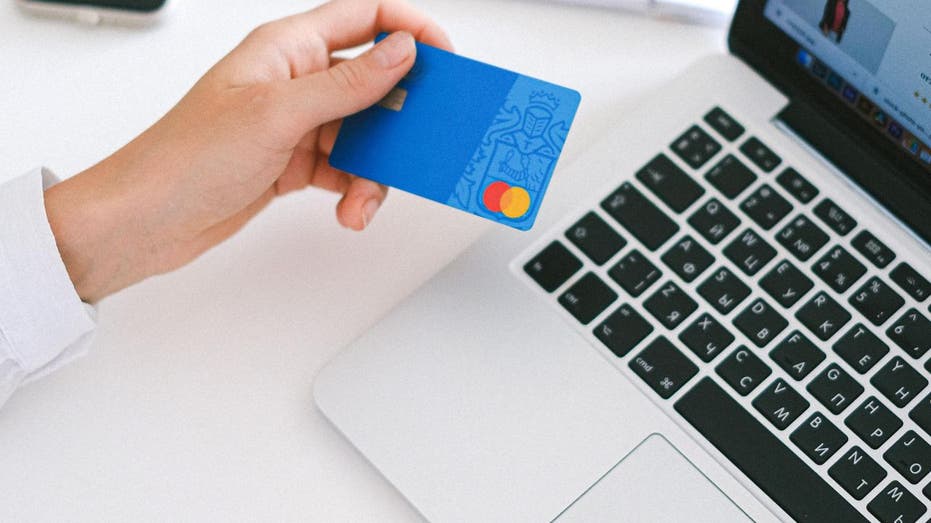
Cheap Black Friday Deals: The Hidden Cost to Your Privacy
Black Friday is here, and with it comes the excitement of snagging fantastic deals on holiday gifts for your loved ones and perhaps that luxurious watch you’ve had your eye on. As a global shopping phenomenon, Black Friday has transformed into a month-long event filled with enticing discounts and a frenzy of consumer activity. However, amidst the excitement, it’s crucial to remain vigilant about the potential risks to your personal privacy.
The Price of Great Deals: Personal Data
When you indulge in online shopping, every transaction often requires you to share personal information such as your email address, name, and shipping address. While this data is typically necessary for order fulfillment, the fine print in privacy policies often reveals a more troubling reality.
Many retailers, once you click “agree,” share your information with an often unspecified number of third parties. This data is then sold to marketing firms and data brokers, who create detailed consumer profiles. Once your data is in their hands, it can be incredibly difficult to reclaim your privacy.
A Shopping Frenzy: A Breeding Ground for Scams
While data sharing occurs year-round, the urgency of Black Friday shopping can lead to careless behavior. The excitement of scoring a deal may cause you to overlook security warnings or click on dubious links in emails and ads, making you an easy target for hackers.
Additionally, the days following Black Friday often see a significant uptick in spam emails and phishing attempts. You may receive unwanted communications from retailers, marketing companies, or even past purchases you thought were long forgotten.
Tips to Safeguard Your Privacy While Shopping
Reading every privacy policy might seem unrealistic, but there are practical steps you can take to protect yourself:
1. **Use Alias Email Addresses**: Create an alias email address to receive order confirmations and other communications. If spam becomes overwhelming, simply delete the alias.
2. **Implement a Password Manager**: A password manager helps you generate and store complex passwords, reducing the risk of password-related breaches.
3. **Be Cautious with Links and Attachments**: Avoid clicking on links or opening attachments from unknown sources. Always verify the sender’s email address to ensure authenticity.
4. **Install Antivirus Software**: Protect your devices with robust antivirus software to detect and prevent malware and phishing attacks.
5. **Directly Visit Official Websites**: Instead of clicking links in emails, go directly to websites of your financial institutions to check for unauthorized changes or charges.
6. **Limit Accounts and Profiles**: Create fewer accounts that require your personal email. This reduces exposure to potential data breaches.
7. **Regularly Clean Up Your Online Presence**: Monitor and manage your personal information online to prevent spammers from accessing your data.
8. **Utilize a VPN**: A Virtual Private Network encrypts your internet traffic, adding an extra layer of security, especially when using public Wi-Fi.
Acting Quickly in Case of Identity Theft
If you suspect that your personal information has been compromised, timely action is crucial. Here’s what to do:
1. **Change Passwords**: Regain control of your accounts by updating passwords and informing the respective service providers.
2. **Monitor Financial Transactions**: Review bank statements for unusual activity to identify how and when a breach may have occurred.
3. **Consider Identity Theft Protection Services**: These services can monitor your personal information and alert you to any unauthorized use.
4. **Report Breaches**: Notify relevant authorities, including government agencies, about any security breaches.
5. **Seek Legal Advice**: If you’re dealing with criminal identity theft, consulting a lawyer may be beneficial.
6. **Alert Credit Bureaus**: Contact major credit bureaus to place fraud alerts on your credit report.
7. **Conduct Background Checks**: If you discover your information has been misused, consider running background checks.
Protecting Your Privacy During Black Friday
As you navigate the exhilarating world of Black Friday shopping, remember that the allure of discounts often comes at a cost — your personal information. By implementing these strategies, you can enjoy the benefits of online shopping while safeguarding your privacy.
Have you faced privacy issues while shopping online? Share your experiences with us at Cyberguy.com/Contact.
For more tech tips and security updates, subscribe to my free CyberGuy Report Newsletter at Cyberguy.com/Newsletter.
Stay informed and safe this shopping season!

